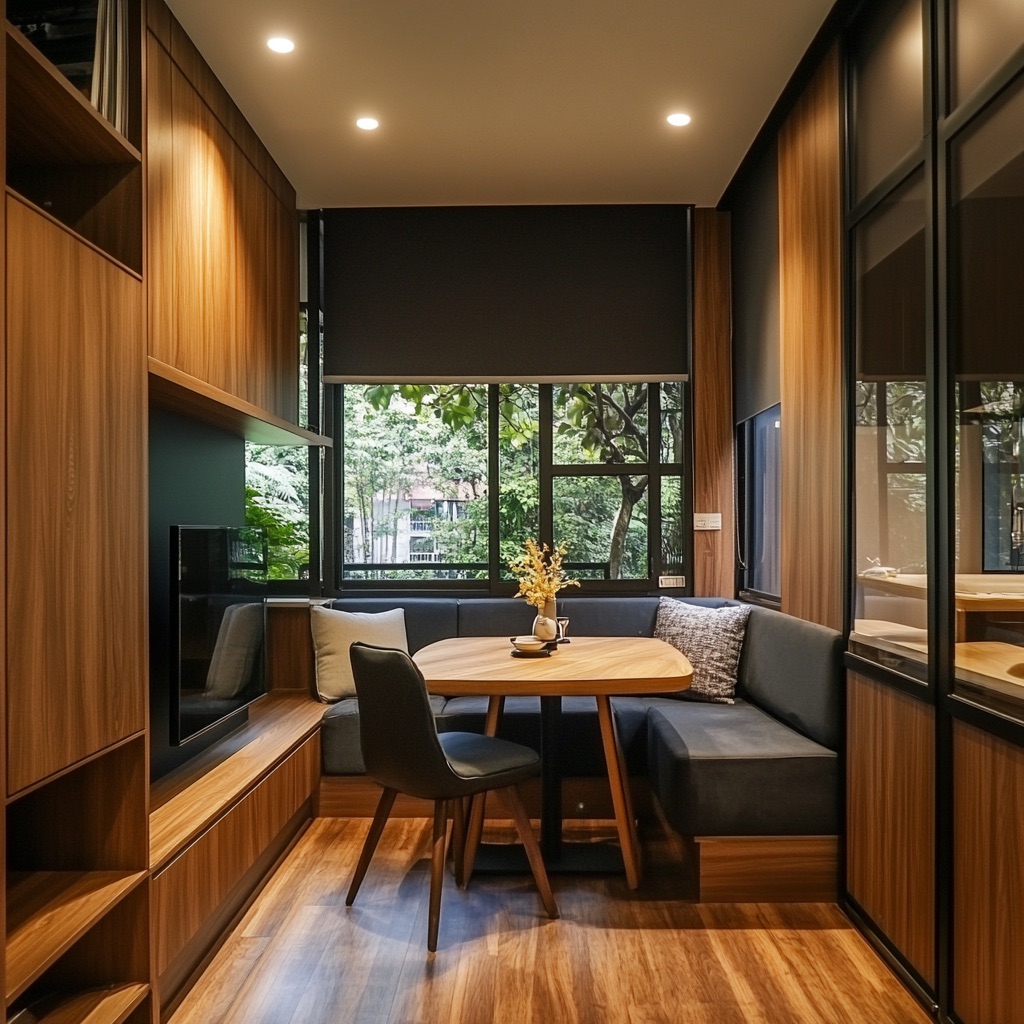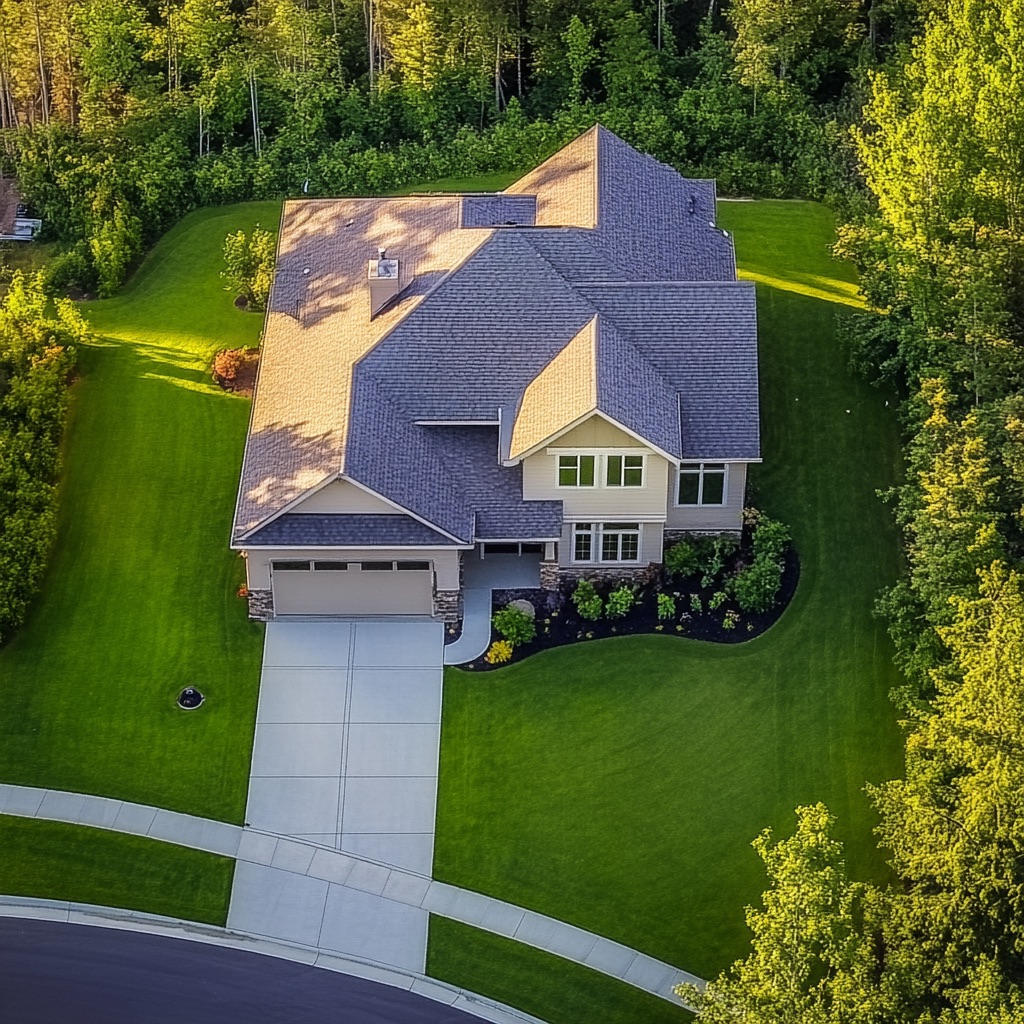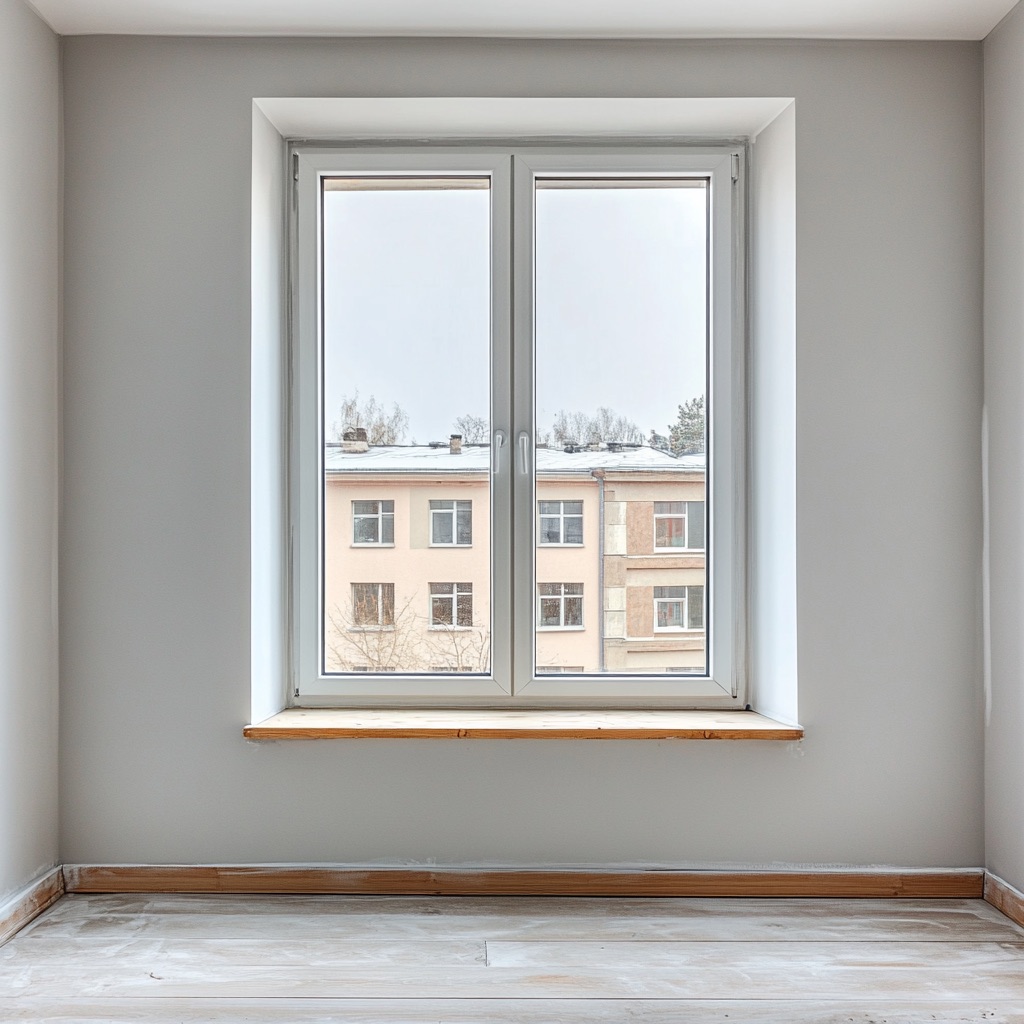Are you considering going solar but worried about the costs? You’re not alone. Many people hesitate to adopt solar energy due to perceived high expenses. However, the truth is, that solar solutions can be tailored to fit various budgets. With the right approach, you can harness the sun’s power without breaking the bank. Here’s how you can embark on your solar journey while staying within your financial means.
Understanding Your Energy Needs
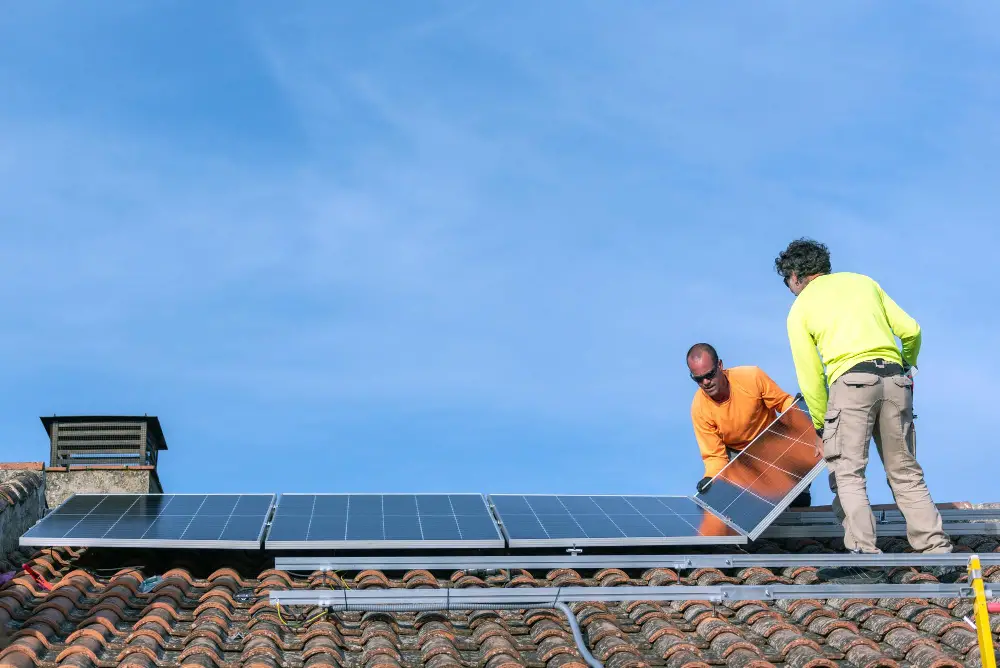
Take a closer look at your electricity bills to gauge your average usage. By knowing how much energy you consume, you can better estimate the solar system size you’ll need. Finding quality solar solutions in Australia can provide reliable, efficient, and sustainable energy solutions tailored to your budget and requirements. Remember, accurately assessing your energy needs is the first step toward finding a solution that fits your budget.
Exploring Financing Options
Financing plays a significant role in making solar energy accessible to all. Fortunately, there are various financing options available to homeowners looking to install solar panels. From loans and leases to power purchase agreements (PPAs), you have choices that can align with your financial situation. Some options may require little to no upfront investment, making solar energy more affordable from day one.
- Loans from financial institutions offer a straightforward way to fund your solar installation. These loans typically come with fixed interest rates and flexible repayment terms, allowing you to spread the cost of your solar system over time.
- With a solar lease, you essentially rent the solar panels from a third-party provider and pay a monthly fee for their use. While you won’t own the panels outright, leasing can still result in significant savings on your electricity bills, making solar energy more accessible without the initial financial burden of purchasing a system outright.
- Power purchase agreements (PPAs) allow homeowners to benefit from solar energy without owning the solar panels themselves. With a PPA, a third-party provider installs and maintains the solar panels on your property, and you purchase the electricity they generate at a predetermined rate, typically lower than your utility’s rates.
Leveraging Incentives and Rebates
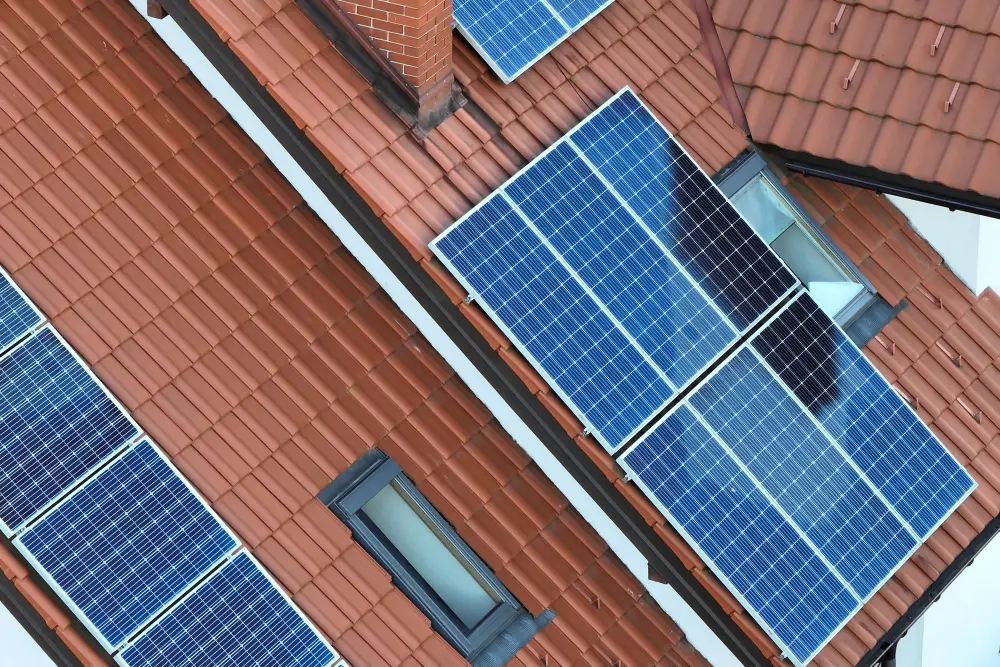
Governments and utility companies often offer incentives and rebates to encourage the adoption of solar energy. These incentives can significantly reduce the overall cost of installing solar panels. Research the incentives available in your area, including tax credits, grants, and performance-based incentives. By taking advantage of these programs, you can make solar solutions more economically viable for your budget.
Considering DIY Solutions
For the hands-on homeowner, do-it-yourself (DIY) solar solutions present a cost-effective option. DIY solar kits are readily available and come with comprehensive instructions for installation. While this approach requires technical know-how, it can save you money on installation labor costs. However, proceed with caution and ensure you have the necessary skills and knowledge to undertake the project safely and effectively.
Assess Your Skills and Resources
Before diving into a DIY solar project, honestly evaluate your technical skills and available resources. Installing solar panels requires electrical knowledge, construction skills, and access to appropriate tools. If you lack the necessary expertise or equipment, attempting a DIY installation could lead to costly mistakes or safety hazards.
Research Local Regulations and Permits
Understand the legal requirements and regulations governing solar installations in your area. Many jurisdictions have specific guidelines regarding permits, zoning ordinances, and building codes for solar panel installations. Failure to comply with these regulations could result in fines or delays, adding unexpected costs to your DIY project.
Seek Professional Guidance If Unsure
If you’re unsure about tackling a DIY solar installation, don’t hesitate to seek professional guidance. Consulting with a reputable solar contractor or technician can provide valuable insights and advice tailored to your specific situation. They can help you assess the feasibility of a DIY project, offer recommendations on equipment and installation techniques, and ensure compliance with local regulations for a successful solar experience.
Exploring Solar Panel Options
Not all solar panels are created equal, and their prices can vary significantly. When budget is a concern, explore different solar panel options to find the best value for your money. Consider factors such as efficiency, durability, and warranties when comparing panels. While premium panels may come with a higher price tag, they often offer better performance and longevity, resulting in long-term savings.
Planning for Future Expansion
Your solar journey doesn’t end once the panels are installed. Consider planning for future expansion as your energy needs evolve. Investing in a scalable solar system allows you to add more panels over time, spreading out the cost of going solar. By thinking ahead and designing your system with scalability in mind, you can adapt to changing circumstances without breaking your budget.
Going solar is not just an environmentally conscious decision – it’s also a smart financial move. By customizing solar solutions to fit your budget, you can enjoy the benefits of clean, renewable energy while saving money in the long run. Whether you opt for financing options, leverage incentives, or explore DIY solutions, there are ways to make solar energy accessible and affordable for everyone.
Recap

